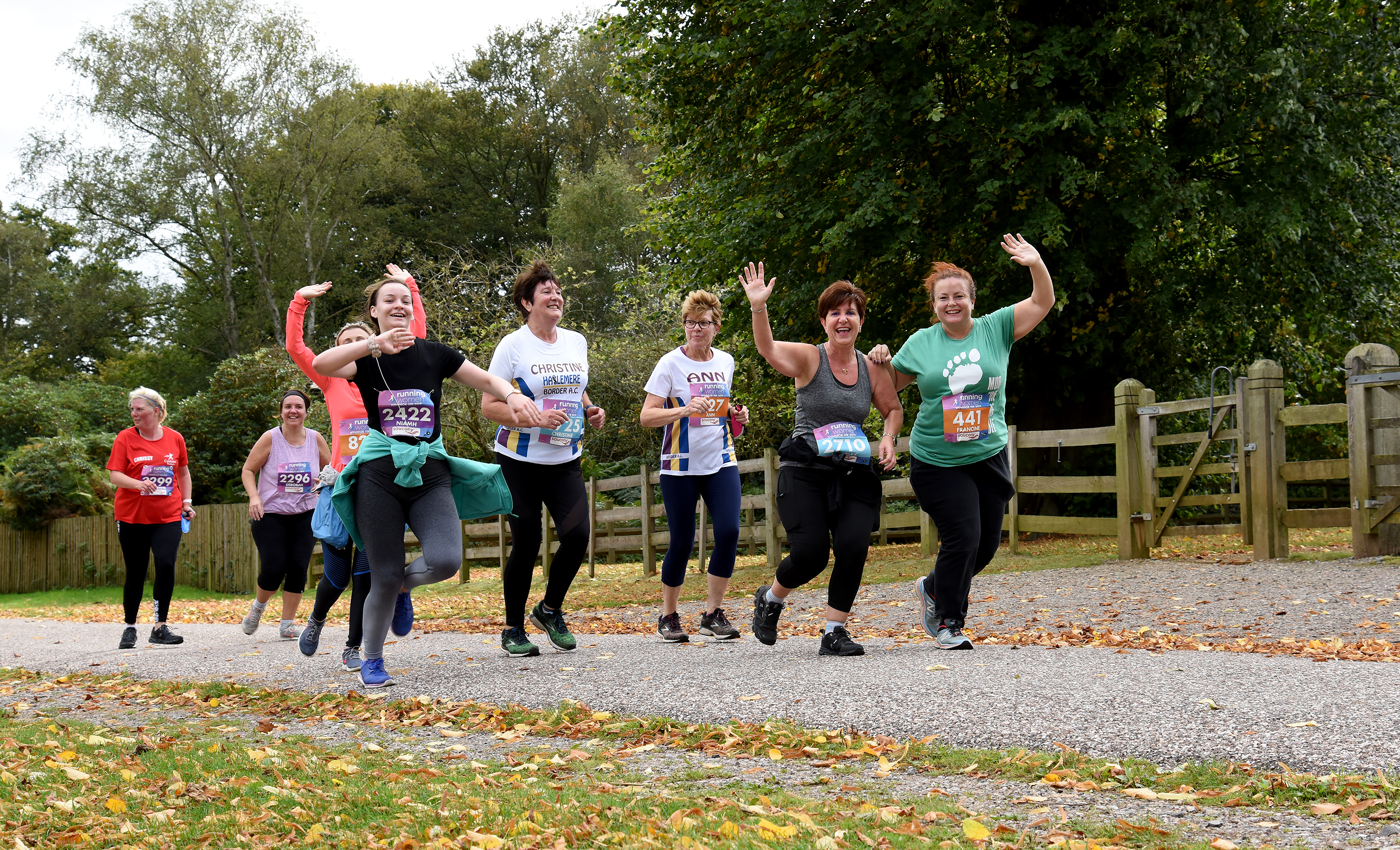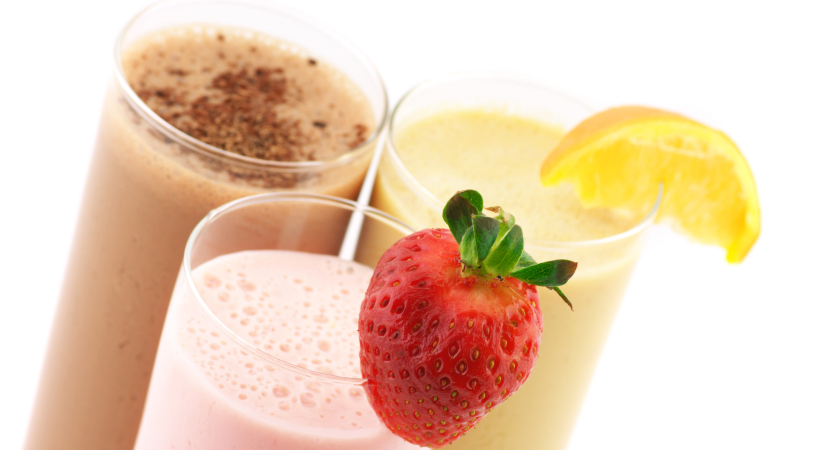5 “Healthy” Foods That Might Surprise You
You need the right healthy foods to fuel your running.
Don’t make these mistakes!
1. Smoothies And Juices
Shop-bought smoothies and juices might seem like the healthiest thing in the world. Sadly, lots of them are packed with sugar (either from the fruit’s fructose, or from added sugar). Factor in how quickly you would drink a bottle of juice or smoothie. And now think how full and satisfied you feel afterwards. It’s clear that these bottles of sugar don’t do much to support your healthy diet.
Instead: make your own, by blending frozen berries, a handful of leafy greens, water/milk/dairy free milk, and add a scoop of protein powder or some Greek yoghurt. Shop-bought smoothies don’t contain protein – and runners need it!
2. Cereal Bars
Breakfast bars and granola bars sound healthy, don’t they? Made with oats, fruit, nuts, and other grains. But take a look at the ingredients list and the nutrition label and you’ll see that they are a calorie bomb in a tiny package. Sugar or syrup is often high on the ingredients list (even if it is from honey!) And one little bar won’t keep you full for long. In fact, it could leave you feeling hungrier, seeking out another snack.
Instead: have a bowl of porridge made from real rolled oats. You could add fruit, berries, or nuts to replicate the flavours of the cereal bar. Either way, even a small bowl of porridge will fill and fuel you far better than a bar.
3. Non-Dairy Milk
There’s a trend for shunning cow’s milk in favour of almond milk, coconut milk, and other dairy-free versions. But are they as healthy as they seem? First of all, why are you using dairy-free milk instead of cow’s milk? Unless you have an allergy or intolerance, there’s no need. Remember that alternatives are a lot more expensive. So think twice about lifestyle changes to your diet. Then look at the label. Some dairy-free milks contain sugars, oils, emulsifiers and other ingredients that might shock you.
Instead: consider going back to good old cow’s milk. Or make your own dairy-free milk, without the nasty extras. It’s quite easy: soak nuts overnight, drain the water, then blend the nuts with fresh water for several minutes. Strain the mixture through a muslin or coffee filter. You can even keep the pulp as nut flour for healthy home baking.
4. Low Fat Yoghurt
Choosing low-fat dairy can be a good move. But be careful, because low-fat and zero-fat options often contain more sugar than the original, and can be more calorific because of it. Look at the label – is sugar second or third on the ingredients list after milk?
Instead: either choose a truly low-sugar, low-fat option (like real Greek yoghurt – look for the Total brand). Or make a compromise, and go for a higher-fat option that has less sugar, and just adjust your portion size.
5. Protein Bars
As runners, we need a little more protein than the average woman. So it can be tempting to seek out specific protein products like bars, balls, and snacks. But these treats can be surprisingly high in calories, and are often not much more than an over-priced chocolate bar. Check the label for ingredients, and for the actual protein.
Instead: remember that your extra protein can come from anywhere, it doesn’t have to be a specific product marketed as high protein. Try a slightly bigger portion of extra meat, seafood, or fish. Or a little bowl of Greek yoghurt, Skyr, Quark or another high-protein dairy product. Just one scoop of protein powder will deliver the goods with the unnecessary extras.




Add Comment